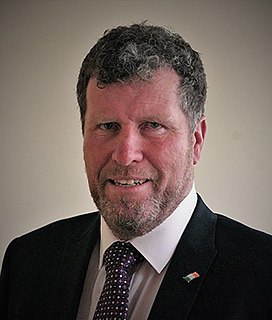A Quote by Katharine Viner
Facebook has become the richest and most powerful publisher in history by replacing editors with algorithms - shattering the public square into millions of personalised news feeds, shifting entire societies away from the open terrain of genuine debate and argument while they make billions from our valued attention.
Related Quotes
I think that as poets, we can get away with stuff because we can ride on the melt of metaphor. We cover a lot of terrain psychically and temporally and linguistically via metaphor, and that can be a stand-in for an argument, whereas in prose, you have to make the argument, and you have to be convincing because the sequence must make sense in time and purpose.
The answer is to end our reliance on carbon-based fuels... If we succeed, we create booming new industries, wealth, clean secure energy and maybe we prevent the greatest disaster so far in human history, saving millions of lives while improving billions more. If we fail, basically it's business as usual while things slowly get worse all around us.
History is the art of making an argument about the past by telling a story accountable to evidence. In the writing of history, a story without an argument fades into antiquarianism; an argument without a story risks pedantry. Writing history requires empathy, inquiry, and debate. It requires forswearing condescension, cant, and nostalgia. The past isn’t quaint. Much of it, in fact, is bleak.

































